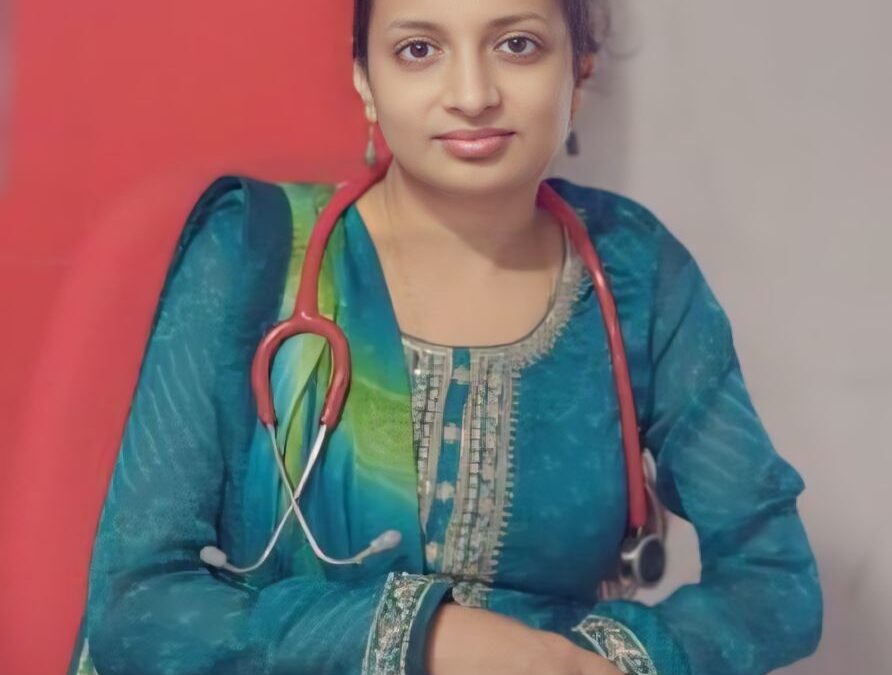
Paediatrics
Paediatrics at Lotus Diagnostic Centre
We have a dedicated Department for Paediatrics at Lotus Diagnostic which aims to address all issues related to the health of children and adolescents between the ages of 0 and 18 years. The department has a team of experts with expertise on various specialities that identifies and treats issues at the earliest ensuring the young patients are able to lead healthy and active lives.
Why Choose Lotus?
Lotus Diagnostic has an expert panel of paediatrics doctors with years of experience in concerned speciality. The clinic is equipped with its own diagnostic centre which has state of the art equipments. Since we have in-house diagnostic capabilities and lab services which are housed under one roof, our patients enjoy a seamless experience while seeking consultation, getting tests done and availing their treatment protocols.
Infant Visits
On your visits the paediatrics consultants review the well-being of your child at periodic intervals to assess the progress your baby is making as an infant. Our paediatricians create a schedule calendar of connects for you and your baby with them. They’re also the first person to call whenever your child is sick.
After 2 years of age, having annual visits with the paediatricians is useful to ensure your baby is growing in a health manner.
Routine Care
To take care of your child, your paediatrician will:
- Do physical exams
- Give your child vaccinations
- Advise on Diet
- Make sure your baby meets milestones in growth, behaviour, and skills
- Diagnose and treat your child’s illnesses, infections, injuries, and other health problems
- Give you information about your child’s health, safety, nutrition, and fitness needs
- Answer your questions about your little one’s growth and development
- Refer you to specialists if they think your child needs expert care
At Lotus Diagnostic you have the convenience to consult multiple specialities and also get most of your diagnostic reports done under the same roof.
Developmental History & Guidelines
Our consultants guide new parents on the baby’s developmental milestones such as rolling over, sitting up, standing, walking, talking, comprehension etc.
Our expert panel of neo-natal specialists are able to guide you through the entire developmental phase of your new born, guiding you on treatment, medication if needed to ensure your baby grows in a healthy manner. Your baby’s health care provider will evaluate your baby’s development at each well-baby visit. Remember: Always talk to your child’s health care professional if you think your baby is lagging behind.
If your baby was born prematurely (before 37 weeks of pregnancy), you need to look at the milestone guidelines a little differently. The age at which your baby is expected to reach various milestones is based on her due date, not her birthday. So if your baby was born two months early, she will most likely achieve milestones two months later than the guidelines predict.
Our Paediatricians also address issues relating to the following conditions in children:
- Acute Paediatric conditions
- Genetic illnesses, including hereditary metabolic disorders
- Paediatric Cardiology
- Paediatric Endocrinology and Diabetology
- Paediatric Gastroenterology, Hepatology and Nutrition
- Paediatric Haematology and Oncology
- Paediatric Nephrology, including elimination methods and dialysis
- Paediatric Pulmonology
- Paediatric Rheumatology and Osteology
- Neonatology
Immunization
Vaccinations not only protect your child from deadly diseases, such as polio, tetanus, and diphtheria, but they also keep other children safe by eliminating or greatly decreasing dangerous diseases that used to spread from child to child.
A vaccine is a dead, or weakened version, or part of the germ that causes the disease in question. When children are exposed to a disease in vaccine form, their immune system, which is the body’s germ-fighting machine, is able to build up antibodies that protect them from contracting the disease if and when they are exposed to the actual disease.
Most of your child’s vaccinations are completed between birth and 6 years. Many vaccines are given more than once, at different ages, and in combinations. This means that you’ll need to keep a careful record of your child’s shots. Although your doctor’s office will also keep track, people change doctors, records get lost, and the person ultimately responsible for keeping track of your child’s immunizations is you.
IAP Recommended Vaccines for High-risk* Children (Vaccines under special circumstances)
- Cholera Vaccine
- Influenza Vaccine
- Japanese Encephalitis Vaccine
- Meningococcal Vaccine
- Pneumococcal Polysaccharide Vaccine (PPSV 23)
- Rabies Vaccine
- Yellow Fever Vaccine
*High-risk category of children
- Congenital or acquired immunodeficiency (including HIV infection)
- Chronic cardiac, pulmonary (including asthma if treated with prolonged high dose oral corticosteroids), hematologic, renal (including nephrotic syndrome), liver disease and diabetes mellitus
- Children on long-term steroids, salicylates, immunosuppressive or radiation therapy
- Diabetes mellitus, cerebrospinal fluid leak, cochlear implant, malignancies
- Children with functional/ anatomic asplenia/hyposplenia
- During disease outbreaks
- Laboratory personnel and healthcare workers
- Travelers
- Children having pets at home
- Children perceived with the higher threat of being bitten by stray dogs while going outdoors.
Things to Remember During Vaccination
- Ensure to remember and administer the vaccine to your child as per the schedule. Discuss with your Paediatrician if you miss giving a vaccine. He will recommend a suitable later date to administer the same.
- It is preferable if a child is not given a vaccine during fever. Discuss this with your Paediatrician and he will help reschedule the administration of the vaccine at a later date.
- Sometimes paediatricians might offer you the option to choose from a painless and a painful vaccine for your child. Ensure to discuss them with your Paediatrician to make an informed decision as the immunity of the child decreases faster with painless vaccine over a painful vaccine
- A vaccination is usually followed by a fever for 1-2 days in your child. You can use sponge bath to reduce your child’s temperature. However, if the fever doesn’t go away in 1-2 days, reach out to your Paediatrician for advice.
- Taking some family member or spouse to assist you in vaccinating your child can be helpful. They will help in distracting and comforting your child before, during, and after the shot. Carrying your baby’s favourite toy also helps.
Our Paediatrics Specialists


